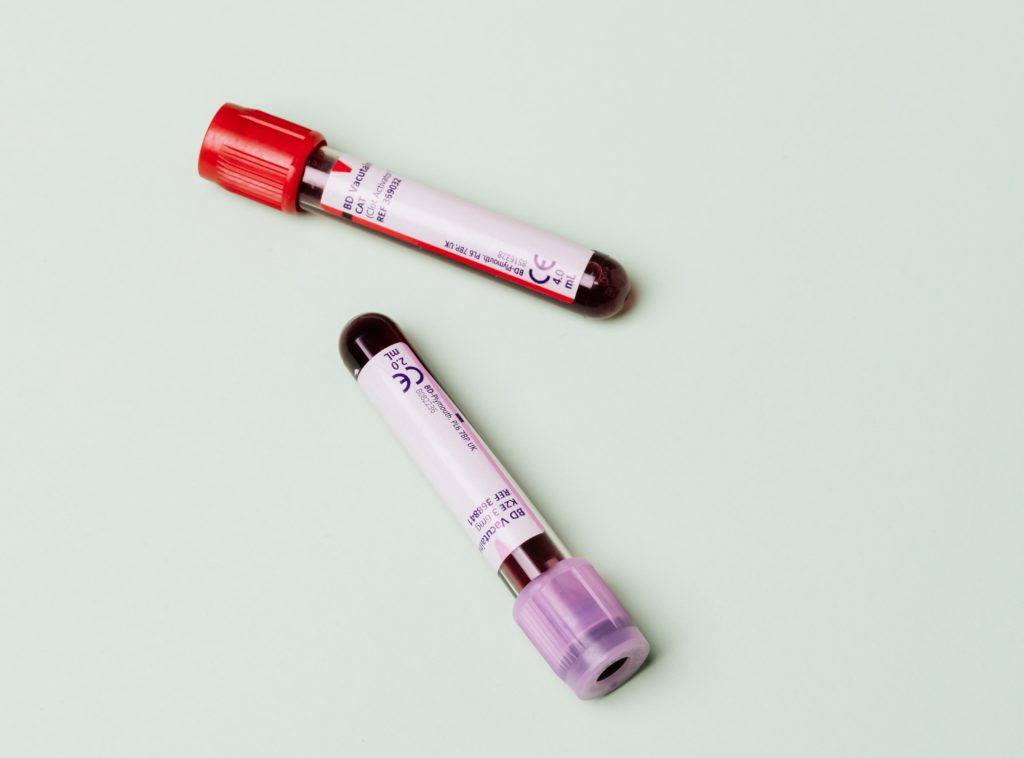Volunteers in Oxfordshire are taking part in a new study that will trial a revolutionary new blood test that can detect more than 50 types of cancer before symptoms appear.
The aim of the SYMPLIFY study, which is being led by the University of Oxford and is open at Oxford University Hospitals (OUH), is to demonstrate how the Galleri test, which checks for the earliest signs of cancer in the blood, could be used to increase cancer detection rates and improve diagnostic pathways.

Already 500 participants across the Thames Valley have been recruited to take the new multi-cancer early detection (MCED) test, and this could rise to 1,000 by the end of the trial. Nationally, the research team, which is supported by the NIHR Oxford Biomedical Research Centre, is seeking to recruit around 6,000 patients with early signs and symptoms that may indicate cancer.
These patients will have been referred by their GP for rapid diagnostic tests looking for cancer and a Galleri blood sample will also be taken.
In addition to SIMPLIFY, the NHS is piloting the test in primary care settings in a trial called the NHS Galleri trial, which will screen 140,000 people for cancer using the test. The trial will invite people between the ages of 50 and 77 who have not been diagnosed with, or treated for, cancer in the past three years.
Using revolutionary next-generation sequencing technology, the Galleri blood test, which has a false positive rate of less than 1 percent, can detect more than 50 different types of cancers at earlier stages of disease compared with traditional diagnostic methods, which should increase the chance of successful treatment and improve outcomes for patients. Most of these types of cancer have no recommended screening in the UK today.
The Galleri test has been developed by the healthcare company GRAIL.
lead researcher from the University of Oxford, Professor Mark Middleton, the Oxford BRC’s Co-theme Lead for Cancer, said: “The process of diagnosing cancer can often be lengthy and involve expensive imaging or invasive biopsies specific to only one cancer. Often this happens after a patient presents with symptoms and a cancer is more progressed.
“If we can intervene at an earlier stage and detect a cancer using minimally invasive tests, such as Galleri, we have the potential to accelerate cancer diagnoses and reduce the number of diagnostic procedures. Ultimately these tests could transform cancer patient care within the next five years by improving the chance of successful treatment and survival.”